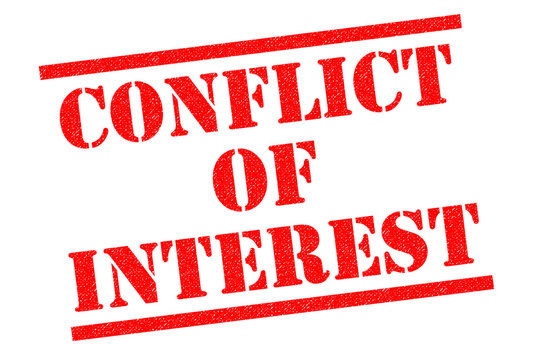Board Personality: Shaping Effective Governance Through Diversity
The essence of a board extends beyond the mere sum of its individual directors; it embodies a collective personality forged by the diverse combination of their traits, experiences, and perspectives. Crafting a cohesive board personality entails a deliberate process of assembling directors with complementary yet diverse personalities to cultivate a distinctive and effective board identity.
While conventional practices in director selection often prioritize qualifications and experience over personality assessments, the evolving landscape of corporate governance necessitates a nuanced understanding of board dynamics. Nomination and Governance Committees, while traditionally focused on competencies, must increasingly recognize the significance of personality diversity in shaping board effectiveness.
In delineating the board personality, various frameworks can offer valuable insights. The Myers-Briggs Personality Indicator provides a comprehensive spectrum analysis, encompassing dimensions such as Introversion vs. Extroversion, sensing vs. Intuition, thinking vs. Feeling, and Judging vs. Perceiving. Understanding how these personality dimensions manifest among directors facilitates a deeper appreciation of their decision-making styles, communication preferences, and approaches to problem-solving.
Additionally, frameworks such as Richard Leblanc and James Gillies' seminal work in "Inside the Boardroom" and the Learning Style Profiler (LSP) offer nuanced perspectives on director personalities. These frameworks delve into the intricacies of interpersonal dynamics, shedding light on how individual personalities intersect to shape board culture, decision-making processes, and ultimately, organizational outcomes.
While individuals may exhibit flexibility in adapting their behavior to diverse contexts, their core personality traits remain foundational to their contributions within the boardroom. Recognizing this inherent stability in director personalities underscores the importance of deliberate efforts to cultivate a balanced and inclusive board personality.
To foster board effectiveness, diversity should extend beyond traditional metrics of experience and expertise to encompass a broad spectrum of personality traits. Embracing cognitive diversity, characterized by varying thinking styles, communication preferences, and decision-making approaches, enriches board deliberations and enhances strategic outcomes. Conversely, unchecked emotional conflict stemming from personality clashes can impede board cohesion and undermine governance effectiveness.
In conclusion, the pursuit of effective governance hinges on the deliberate cultivation of a diverse and inclusive board personality. By embracing personality diversity as a strategic imperative, boards can leverage the richness of their collective traits to navigate complex challenges, drive innovation, and steer organizations towards sustainable success in today's dynamic business environment.







